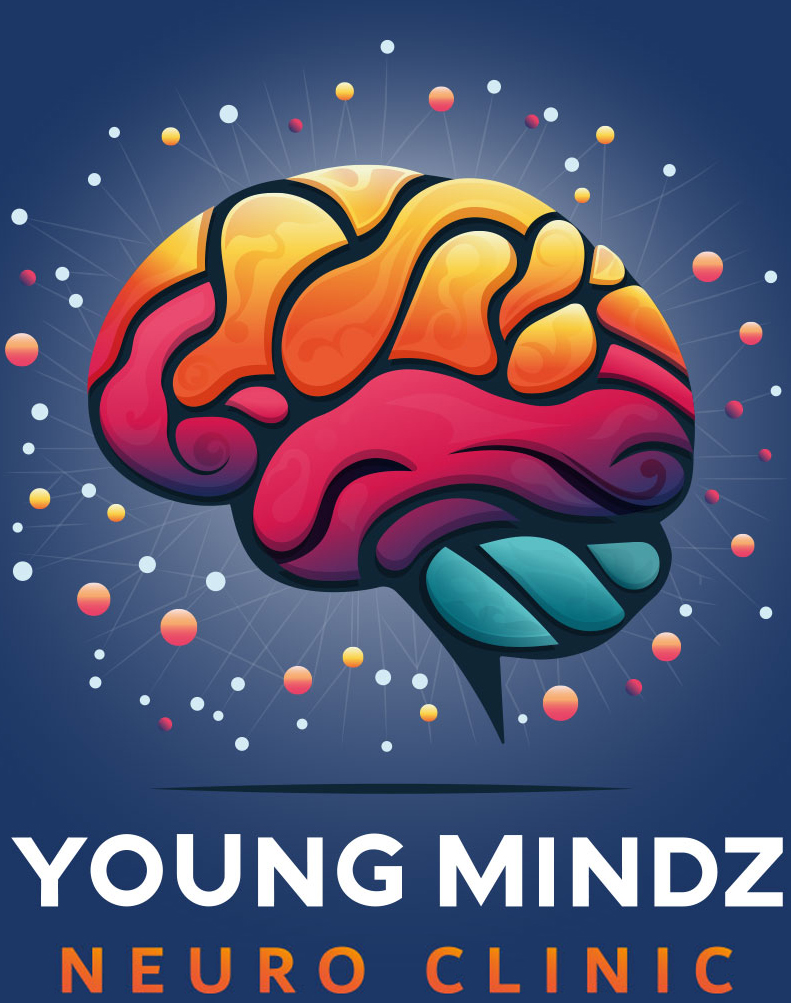COVID-19 Resources for Neurology Coaches... Learn More
Tremors
What is tremor?
This is trembling or shaking a person cannot control. Most often, the hands or head shakes, but other body parts can be affected, too. The tremor can be a problem on its own, or it can be caused by another health problem.
There are several different types of tremors:
- Rest tremors – These happen while you are sitting or lying down and relaxed. People can usually stop the tremor by purposefully moving the body part that shakes.
- Action tremors – These happen when you are moving your muscles on purpose. There are a few different kinds of action tremors:
- Kinetic tremors – These happen when you move on purpose, such as writing or drinking from a cup. Sometimes, these tremors get worse gradually as you get closer to what you are trying to do or reach.
- Postural tremors – These happen when you try to hold a body part still in a position other than its resting position. For example, your legs might shake when you are standing up, or your arms might shake if you hold them out in front of you.
- Isometric tremors – These happen when you move a muscle against something that is still. For example, they might happen when you push against a wall or make a fist with your hand.
- Functional tremor – This can combine features of rest and action tremors. Unlike other kinds of tremor, functional tremor has no known medical cause. It usually gets less severe if you are distracted while your doctor examines you. For example, they might ask you to do something else with another part of your body that is not affected by the tremor.
What causes tremor?
Different things can cause different types of tremors.
- Rest tremor– The most common cause is Parkinson disease. If this is causing your tremor, your doctor will probably focus on treating the Parkinson disease. This will hopefully help reduce your tremor.
Other problems that can cause rest tremors include diseases that damage parts of the brain, and a rare condition called Wilson disease, which causes copper to build up in the body.
- Action tremor– The most common cause is something called a “physiologic” tremor. This is a small amount of shaking of the hands. Everyone has this, even healthy people. It is usually very mild and not noticeable. But in some cases, the shaking can become exaggerated. This can happen:
- If you take certain medicines, like those used to treat depression or those for asthma and other breathing problems
- If you drink coffee, smoke, or use caffeine or certain “stimulant” medicines
- If you are anxious, excited, or afraid
- If your muscles are very tired, for example, because you just worked out
- As the effects of alcohol or other drugs are wearing off
- If you have an overactive thyroid gland
- If you have a fever
If your tremor is caused by 1 of the problems listed above, the tremor should go away as soon as the problem goes away. If your tremor is caused by a medicine, you might not be able to stop taking it. But it might be possible to switch medicines or to lower the dose.
What is essential tremor?
This is a nervous system problem that causes action tremor. It is different from physiologic tremor in that it is not related to medicines, substances, or physical conditions such as fever. It is not clear what causes essential tremor, but it is sometimes passed on in families.
People who have essential tremor usually shake when they try to hold their arms out straight. They also tend to shake when they move their hands to do a specific goal. For instance, their hands might shake when they try to write, drink from a glass, or touch their nose with their finger.
Essential tremor sometimes affects the head. This makes it look as though the person is nodding their head “yes-yes” or shaking their head “no-no.”
Is there a test to find the cause of tremor?
No. But your doctor can learn a lot about your tremor by asking you questions and watching you move. They can usually tell what’s wrong just by doing an exam. But they might send you for a brain scan or blood tests to check for things that could be causing the tremor.
How is tremor treated?
If a tremor is caused by another medical problem, treating that problem (if it can be treated) sometimes helps reduce the tremor, too. For example, people whose tremor is caused by high thyroid hormone levels often stop shaking when their hormone levels go back to normal.
Even when no other medical problems are involved, there are treatments that can help. There are a few medicines that can reduce a person’s tremor. If the medicines are not effective enough and the tremor is severe, surgery might be an option. For example, in some cases, a device can be implanted in the brain that can help control tremor.
Patient education: Essential tremor (The Basics)
Patient education: Tremor (Beyond the Basics)
Source: UpToDate


